Do you struggle with hair loss or hair thinning? You don't have to settle for thinner, less luscious hair just because it’s in your genetic inheritance or Mother Nature says so. At Divi, our research team has spent years investigating the healing and restorative effects of dozens of clean substances to create the optimal, science-backed blend of ingredients to promote a healthy scalp and combat hair loss.
Among the ingredients in our Scalp Serum is biotin, a B vitamin that helps boost our hair and nail growth.
While many hair care products on the market claim to help improve scalp health and regrow thicker, healthier hair, not all are equal or effective. At Divi, our team has used our expertise to help people suffering from hair loss regain confidence by creating a product that actually works based on scientific evidence. Our Divi’s Scalp Serum contains essential, clean ingredients offering a wide range of clinically proven health benefits for your scalp and hair.
Read on as we discuss how biotin affects hair health and how it as an ingredient in our Scalp Serum can help you restore a healthy scalp and beautiful hair.
What Is Biotin?
Biotin, also known as Vitamin B7 or Vitamin H, helps make keratin by breaking down proteins into amino acids. These amino acids are essential for creating keratin. Studies show that biotin can significantly boost keratin production, improving hair and nail growth. Our bodies rely on sufficient keratin production to grow healthy skin, hair and nails. Keratin, along with its associated protein KAPs, are the main structural components of hair.
Hair fibers contain three structural parts: the cuticle, the cortex and the central medulla. Researchers found that 90% of the cells in a hair’s cortex contain keratin intermediate filaments consisting of keratin proteins.
Keratin protein exists in various forms, from the soft epithelial keratins to the hardest, most cornified keratin. Harder keratin exists in humans mostly in tissues such as skin, hair and nails. The primary function of keratin filaments is to protect our epithelial cells from stresses, both mechanical and nonmechanical stresses, that could result in cell death.
Biotin and Hair Growth: Are They Directly Related?
While biotin promotes keratin production, which is responsible for growing hair, our hair follicles determine our hair's length, thickness, texture and color. Together, biotin and hair follicles are responsible for producing a full head of hair.
As with anything that grows, each hair goes through a specific growth cycle consisting of three stages:
- Anagen is the first hair growth phase when roots divide and add to your hair shaft. Anagen is also known as the rapid hair growth phase and lasts 2-8 years.
- Catagen is when new regrowth stops as hair cuts away from the follicle's blood supply. This transitional phase typically lasts 2-3 weeks.
- Telogen is the final phase causing hair follicles to stop growth. The telogen phase is also known as the rest phase, lasting 2-3 months.
Once the telogen phase ends, your head sheds hair and begins the anagen phase again, thus restarting the cycle. As we age, this cycle slows down, impacting how much lost hair our bodies can replace and leading to thinning hair.
What Research Says About Biotin and Hair Health
Regarding biotin for hair growth, multiple studies suggest the B vitamin can help reduce hair thinning and improve scalp health.
Studies Connect a Lack of Biotin to Hair Loss
A few studies connect hair loss to biotin deficiency. For example, a 2016 study examined a group of women suffering from hair loss, and 11% of these women displayed risk factors of deficiency, such as inflammatory bowel disease, or were taking particular medications. Of these women, 38% had a biotin deficiency.
While this particular study did not measure the effectiveness of biotin-infused hair products, it affirmed the existence of a potential link between hair loss and biotin deficiency. Biotin deficiency may be congenital or acquired following conditions such as inflammatory bowel disorders, a diet too rich in avidin (a biotin-binding protein found in egg whites), a magnesium deficiency, smoking, or treatment with broad-spectrum antibiotics, anticonvulsants, and sulfonamides.
Can Biotin Help Regrow Hair?
As we understand how biotin contributes to keratin production, we can better understand how biotin supplementation might address biotin deficiencies. A 2012 double-blind study tested the effects of a biotin supplement on women with thinning hair, which also contained other hair-boosting ingredients like zinc and iron. The female participants took their biotin or placebos for six months. Those taking biotin saw an increase in hair volume, thickness and scalp coverage, while the placebo group saw no changes.
Biotin administration may improve hair loss and treat seborrheic dermatitis and comedonal acne, according to a 2019 scholarly review article interrogating the role of biotin in several common skin disorders associated with biotin deficiency.
At the end of a 2020 study involving biotin in combination with other treatments, researchers measured visually noticeable improvement in a group of male androgenetic alopecia patients in terms of thicker hair with greater volume and improved scalp coverage. The study examined the effects of a topical compounded formulation containing minoxidil 10%, finasteride 0.1%, biotin 0.2% and caffeine citrate 0.05% applied to the scalp twice daily for six months.
These few studies show that people with lower levels of biotin or a deficiency can experience improved hair health by increasing biotin levels. However, little to no research suggests that people with no deficiency can see the same results. More clinical research is needed to provide sufficient scientific evidence for the topical application of biotin compared to oral supplementation.
What Are the Causes of Hair Loss?
Although we attribute hair loss to aging, numerous other factors can cause hair loss to impact people of all ages.
Androgenetic Alopecia, Alopecia Areata and Scarring Alopecias
Most people know androgenetic alopecia as male- or female-pattern baldness. It is a common form of genetic hair loss that primarily affects older adults.
The condition derives its name from androgens, which are hormones integral to men's health and sexual development, but they are functional in both men and women. When your body overproduces androgen, it can lead to hair loss. The National Institutes of Health (NIH) says biotin is among the top-recommended vitamins for male-pattern baldness due to its effective hair regrowth capabilities.
Alopecia areata is a type of hair loss most common in young adults and children. Rather than gradual thinning, alopecia areata is often sudden, resulting in patchy hair or eventual baldness. Fortunately, 90% of people with this condition see their hair come back after a couple of years.
Certain skin disorders like acne and cellulitis can create scars impairing your body's ability to grow hair. In most cases, hair loss due to scarring alopecias is permanent.
Other Factors
Other lifestyle factors can also contribute to hair loss and scalp issues, such as:
- An unbalanced diet, crash dieting or rapid weight loss
- Thyroid abnormalities
- Extreme stress
- An unhealthy lifestyle
- Skin conditions such as eczema, dermatitis or psoriasis
- Protein or iron deficiencies
- Anemia
- Hormonal changes during pregnancy or menopause
- Taking certain medications or other drugs
- Undergoing chemotherapy or radiation
- Using harsh dyes, chemicals or processing
- Chronic high-heat application (straightening, curling, etc.)
- Wearing pulled-back, overly tight hairstyles
What Other Conditions Might Biotin Help Treat as a Component of Divi’s Scalp Serum?
Biotin, as part of a scientifically formulated topical product like Divi’s Scalp Serum, should nourish the scalp and provide an environment promoting better hair growth and scalp health. Topical biotin products can possibly address a number of health concerns.
Dry Scalp
Having a dry or flaky scalp can be unpleasant. Aside from impaired hair growth, it can also cause an itchy scalp and dry hair. In addition, a flaky scalp can prevent hair growth by clogging hair follicles. Biotin helps relieve a dry and flaky scalp by targeting the scalp, epidermis and dermis. As a result, it helps improve skin and hair volume.
Biotin is an effective B vitamin. Biotin contributes to thicker hair as a component with other hair-boosting ingredients in a product like Divi’s Scalp Serum. Mixing biotin with other essential vitamins and ingredients helps extend the anagen growth phase, reducing hair loss and thinning while growing more hair.
Dandruff
Dandruff can be both embarrassing and unpleasant. Studies suggest dandruff results from bacteria and fungi in the scalp microbiome; however, the scarce research needs supplementation to determine the relationship between scalp disorders and scalp microbiota. A 2018 study found that biotin, along with amino acids and other B vitamins, helped improve scalp health in women between ages 20 and 45.
Seborrheic Dermatitis
Seborrheic dermatitis is a health condition that creates a flaky, red scalp and eyebrows in adults. Many call the condition "cradle cap" when it affects children. Seborrheic dermatitis can be a side effect of biotin deficiency.
Studies show that people suffering from biotin deficiency can relieve symptoms like seborrheic dermatitis through biotin supplementation, including topicals like Divi’s Scalp Serum. The B vitamin intercepts the main metabolic pathways of the underlying disease. These same studies show that biotin supplementation caused no adverse side effects, even when taken in high doses. As a result, biotin appears to be a safe and effective ingredient for people seeking seborrheic dermatitis relief.
Scalp Eczema
Dermatitis comes in many forms, but the most common is eczema, which often causes dry and itchy skin and can also affect your scalp. People with eczema often have a biotin deficiency contributing to dry, flaky scalps and impaired hair growth. Adding biotin-rich topicals such as Divi’s Scalp Serum can help increase biotin levels and improve scalp health. However, it is vital to remember that biotin is not a cure for eczema; it can just soothe it and relieve common symptoms.
How To Use Divi’s Scalp Serum with Biotin
It's clear to see why we at Divi included biotin in our Scalp Serum formula. Biotin helps give our customers the best results possible to nourish the scalp and improve hair growth.
Our Scalp Serum aims to increase hair follicle size and prevent hair follicle death, ensuring that hair continues to grow long and healthy. We also use ingredients that stimulate blood flow to the scalp while blocking DHT, a common hair-loss hormone.
In a recent 2022 study, we commissioned a group of males and females struggling with different conditions like flaky and dry scalp or hair thinning to use Divi’s Scalp Serum daily for eight weeks to test its effectiveness. At the end of the eight weeks, 100% of participants said their scalps felt refreshed and nourished.
Biotin has unique benefits that help people with deficiencies regrow thicker and healthier hair. However, by combining the B vitamin in synergy with a suite of other clean, science-backed ingredients, we created a serum capable of helping people take their hair health to the next level, nourishing the scalp and delivering hair-boosting vitamins.
Since our Scalp Serum is topical, the application is fairly easy. Simply apply ¾ dropper full of serum to your scalp once a day and massage into your roots, with no need to rinse. After a few weeks, you should start noticing thicker, shinier hair and a better-nourished scalp.
If you’re ready to take action towards healthier hair and scalp, buy Divi’s Scalp Serum today. We offer a 30ml bottle and a 100ml bottle. You can also choose our Starter Bundle, consisting of a bottle of Divi’s Scalp Serum, Shampoo, and Conditioner.






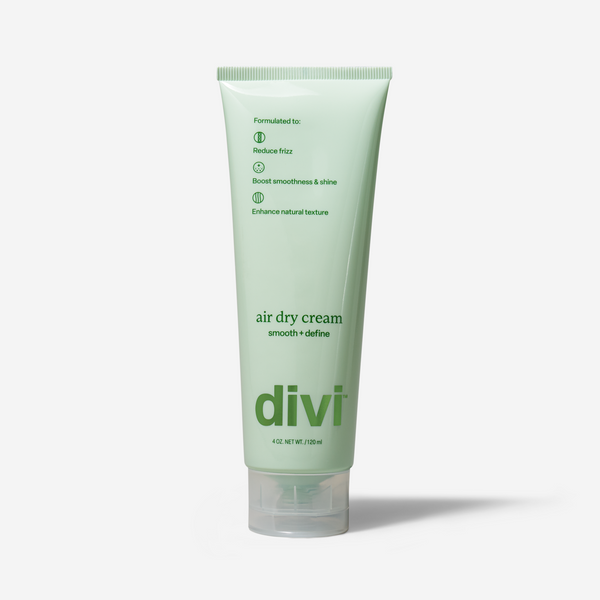
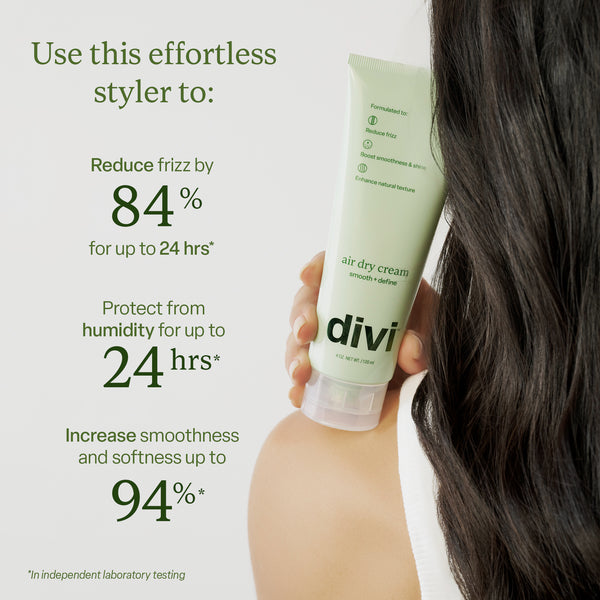

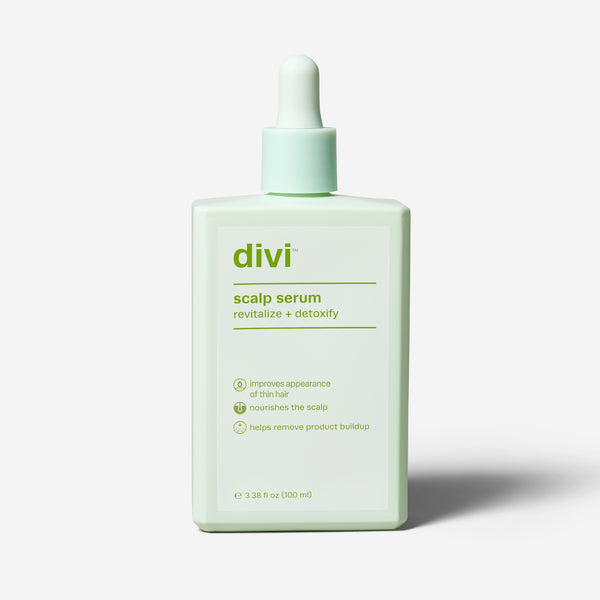

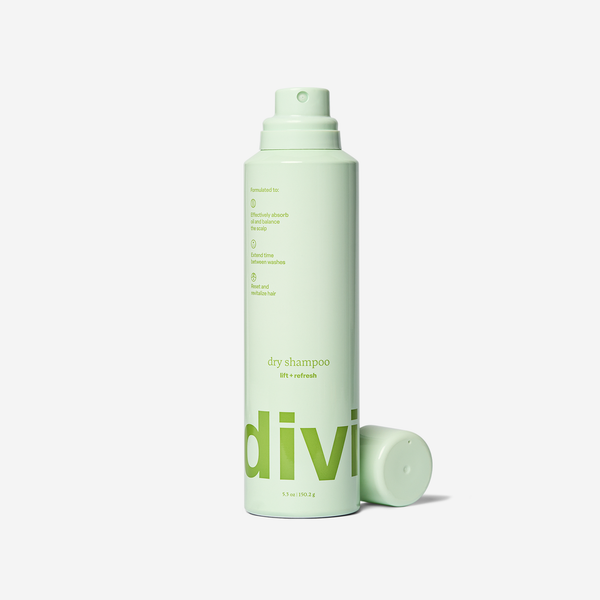

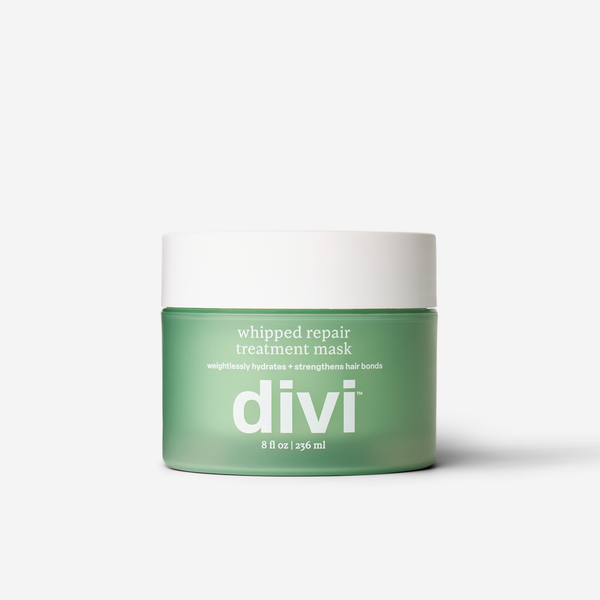
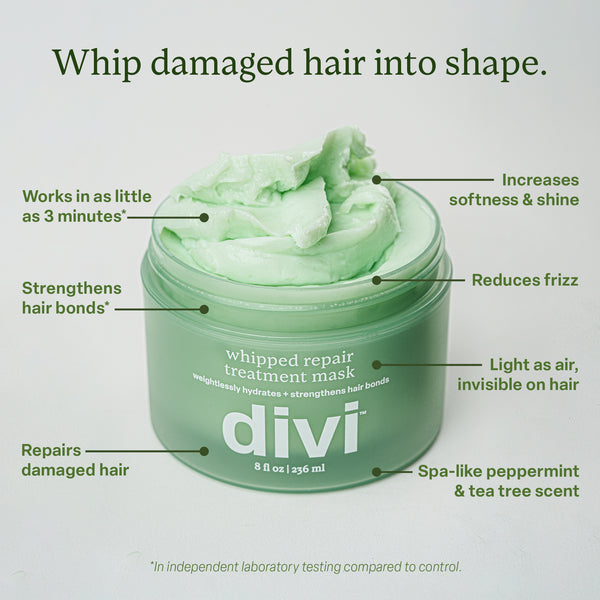
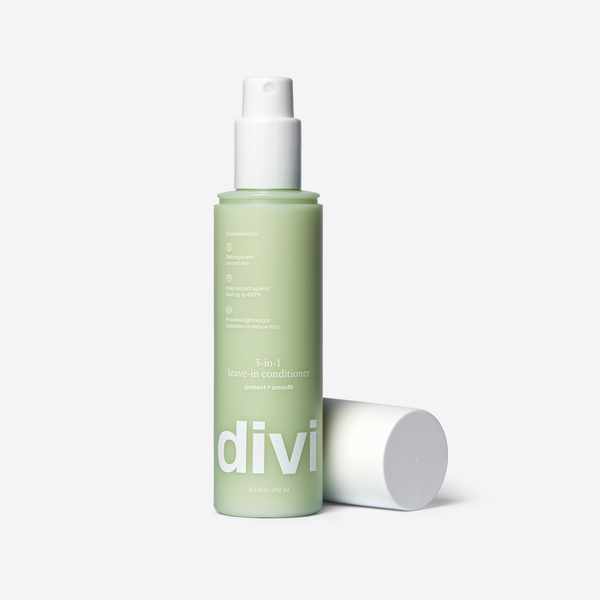

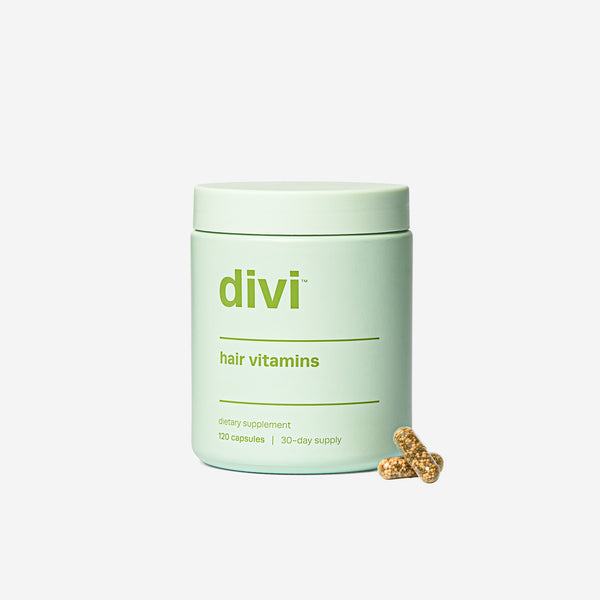
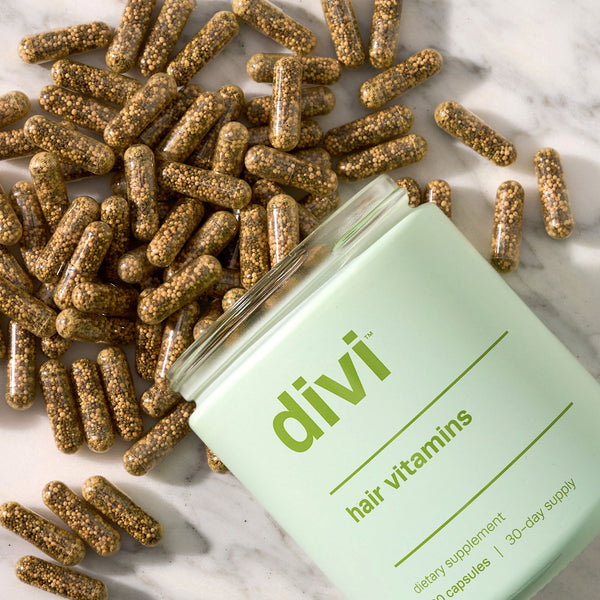
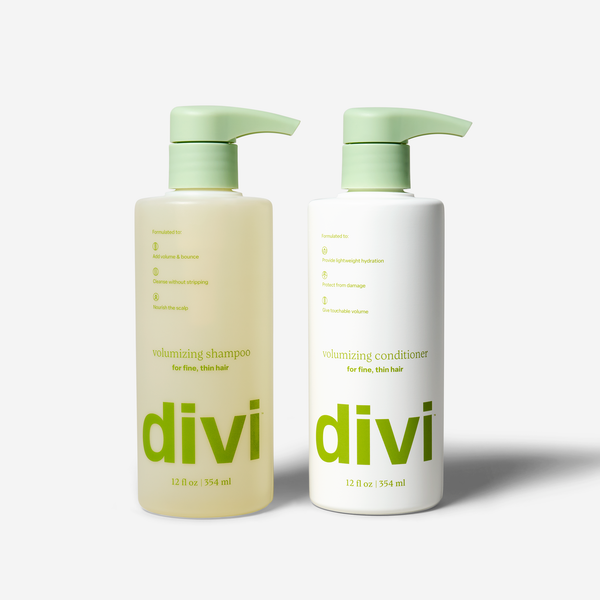





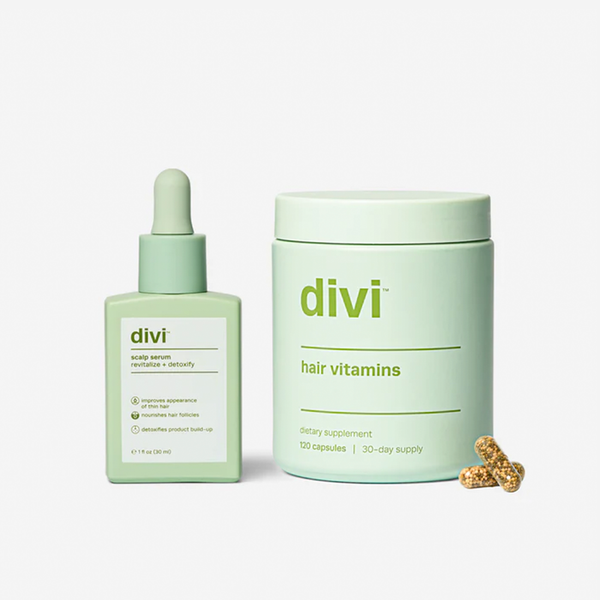
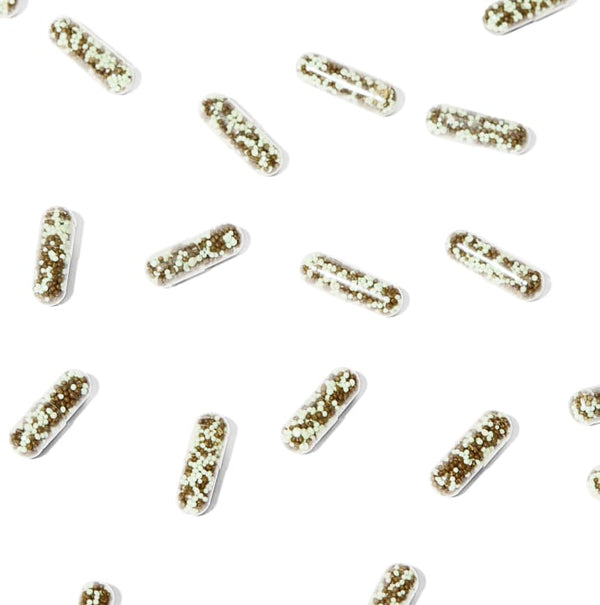
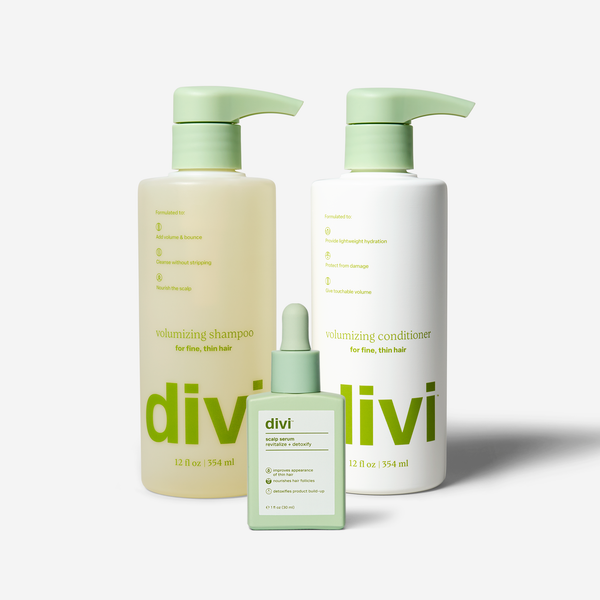
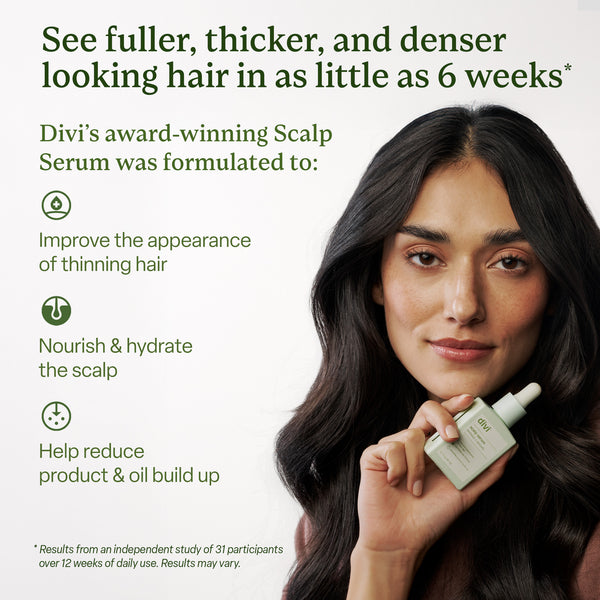


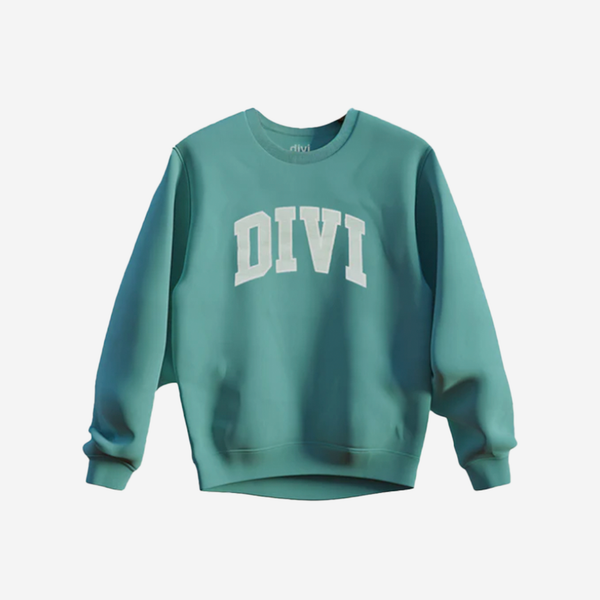
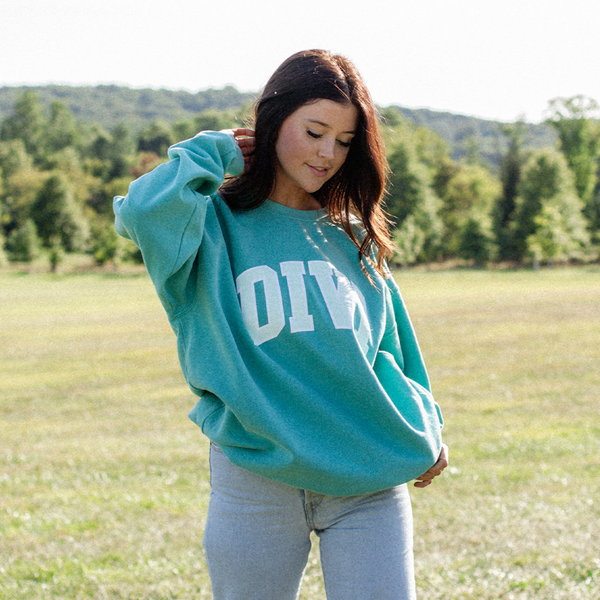




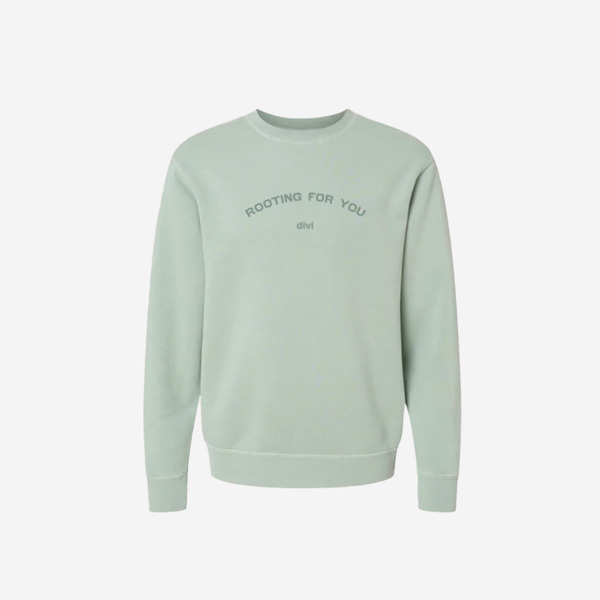


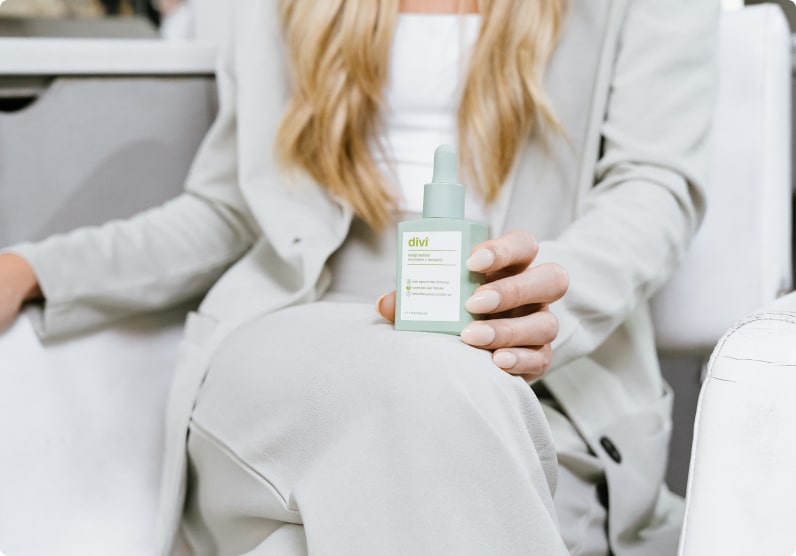






 30ml Scalp Serum
30ml Scalp Serum
 100ml Scalp Serum
100ml Scalp Serum
 Volumizing Shampoo
Volumizing Shampoo
 Hydrating Shampoo
Hydrating Shampoo
 Volumizing Conditioner
Volumizing Conditioner
 Hydrating Conditioner
Hydrating Conditioner
 3-in-1 Leave-In Conditioner
3-in-1 Leave-In Conditioner
 Best Sellers Bundle
Best Sellers Bundle
 Volumizing Starter Bundle
Volumizing Starter Bundle
 Hydrating Starter Bundle
Hydrating Starter Bundle
 The Healthy Hair Bundle
The Healthy Hair Bundle
 Hair Vitamins Trio
Hair Vitamins Trio
 Dry Shampoo
Dry Shampoo
 Hair Vitamins
Hair Vitamins
 Volumizing Shampoo & Conditioner
Volumizing Shampoo & Conditioner
 Travel-Sized Volume Duo
Travel-Sized Volume Duo
 Hydrating Shampoo & Conditioner
Hydrating Shampoo & Conditioner
 Travel-Sized Hydrating Duo
Travel-Sized Hydrating Duo
 Travel-Sized Dry Shampoo
Travel-Sized Dry Shampoo
 Travel-Sized Dry Shampoo Trio
Travel-Sized Dry Shampoo Trio
